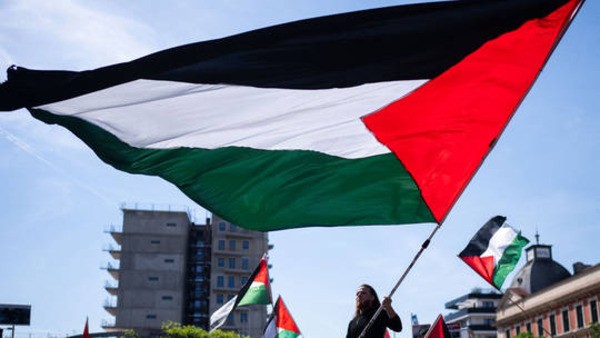Indian External Affairs Minister Subrahmanyam Jaishankar on Wednesday responded to US warnings over sanctions response, saying a long-term agreement between New Delhi and Tehran to operate the strategic port Chabahar is "in the interest of all". He emphasized. attacked Iran.
The governments of India and Iran signed a 10-year agreement on Monday. The agreement will enable the Indian state-owned operator to manage and develop the Shahid Beheshti Port Terminal in Iran's first deep-water port in Chabahar.
Hours after the deal was announced, U.S. State Department principal deputy spokesperson Vedant Patel warned that anyone collaborating with Iran "must be aware of the potential risks to which they are exposed."
"It's important to inform, persuade, and make people understand. I don't think people should have a narrow-minded view (of this project)," Jaishankar said in his response on Wednesday.
The diplomat also said the US had "already recognized" that Chabahar port was of "greater importance".
Chabahar, Iran's first deep-water port, is seen as important for India to expand trade with Central Asia, Russia and other parts of Europe. New Delhi is also exploring alternative logistics routes to existing ones, as traditional waterways such as the Suez Canal have been disrupted due to geopolitical tensions.
Chabahar is also a hub for the International North-South Transport Corridor (INSTC), which is being planned by New Delhi, Tehran and Moscow. Once completed, INSTC will reduce transportation time by 40% between Mumbai (India) and St. Petersburg (Russia), significantly reducing costs. India expressed interest in developing the port in 2003, but development stalled due to U.S. sanctions against Iran over its suspected nuclear program.
According to a Business Standard report, Chabahar will bring in around $370 million in investments, including $120 million from India and a $250 million loan facility to Iran for infrastructure development. It is expected that
The port will give India access to Afghanistan, Central Asia, and the wider Eurasian region, and will compete with Pakistan's Gwadar port and China's Belt and Road Initiative. It would also serve as an alternative to the Gulf of Aden-Suez Canal route, which has been in turmoil due to the escalating conflict between Israel and Hamas.
At the Munich Security Conference in February, Jaishankar said that New Delhi, through its "enlightened" foreign policy, would seek balanced relations with the West and countries facing strict sanctions such as Russia and Iran. He insisted that it could be maintained. He has previously argued that "developed countries" use sanctions as "leverage" when it "serves their interests."








